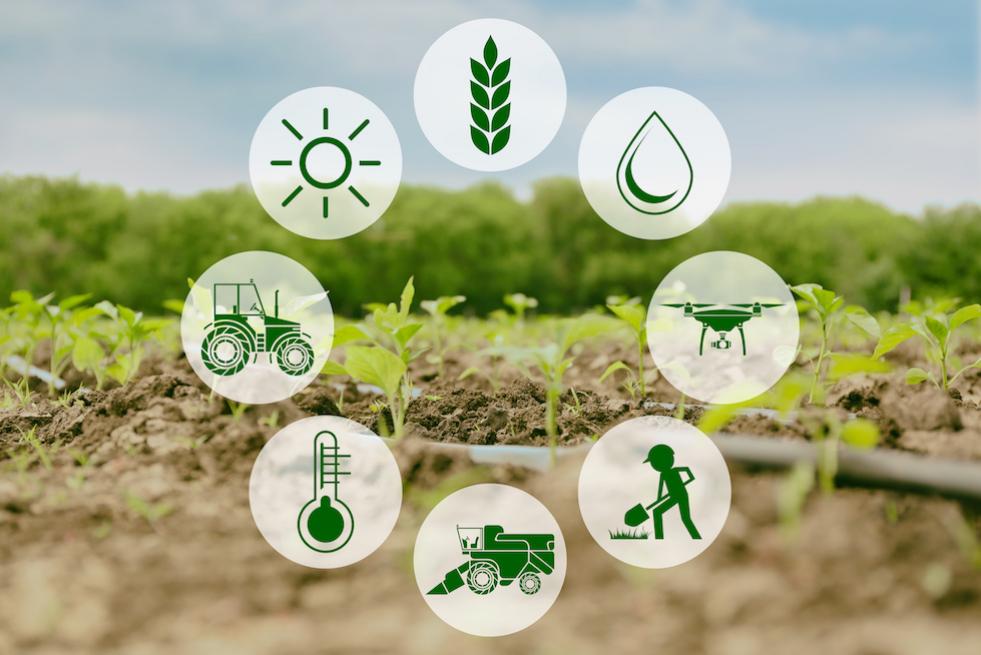Problem solving in agriculture- how learning from our past can inform better predictions for the future

A joint UCD-Teagasc collaborative project in VistaMilk attempted to use case-based reasoning in dealing with the challenges likely to be encountered in the future with climate change; of particular interest was the impact on agriculture in general, especially dairy production.
The research showed how case-based reasoning systems used to predict grass growth acts in a flexible way, re-using past cases that captured extreme weather events to predict future disruptive weather events. The study also explored the generation of imagined extreme cases using counterfactual methods with a view to being able to handle unprecedented climate-disruptions (which are becoming more common).
More can be read at “Handling Climate Change Using Counterfactuals: Using Counterfactuals in Data Augmentation to Predict Crop Growth in an Uncertain Climate Future”.
M Temraz, EM Kenny, E Ruelle, L Shalloo, B Smyth, MT Keane. 29th International Conference on Case Based Reasoning (ICCBR-21)
December 2021

